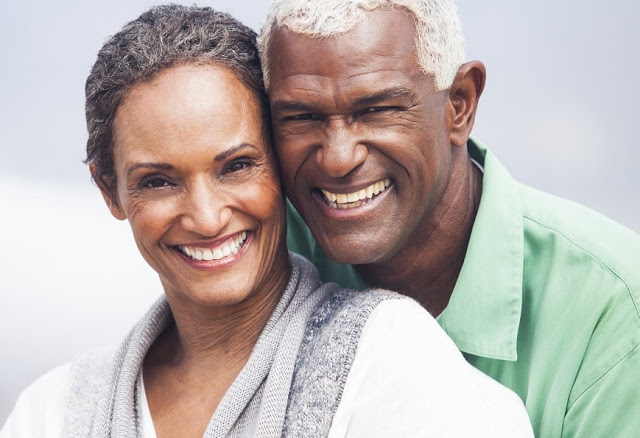by Staff writer
It’s long been understood that all across the world, women enjoy longer lifespans than men.
Men are expected to die around 3 – 4 years earlier than a woman born on the same day.
According to United Nations world data, women live on average 4.5 years longer than men.
This gap has been like this since historic times and will mostly never close.
So why do women live longer?
A lot of studies and surveys have tried to explain:
1. Stress
The earliest and perhaps commonest explanation as to why women easily outlive men have been attributed to the nature of jobs men do.
Men work themselves into an early grave, says physical health expert David Robson.
“Whether working in a mine or ploughing the land, they put extra stress on their bodies and amassed injuries that caught up with them later in life.”
2. Riskier lifestyle
Men have been found to be more abusive of their bodies than women. Factors such as smoking, drinking, and overeating may partly explain why size of the gender age gap varies so widely between countries.
For example, Russian men are likely to die 13 years earlier than Russian women, partly because they drink and smoke more heavily.
3. Biology
There appears to be something biological about women’s longevity in life.
Even in non-human primates, female chimpanzees, gorillas, orangutans, and gibbons all consistently outlive the males of the group, and you do not see apes – male or female – with cigarettes hanging out of their mouths and beer glasses in their hands.
It would seem like the answer lies in our evolution. Some researchers have listed presence of oestrogen and an extra X chromosome as reasons for women’s women’s longer life expectancy.
The female sex hormone oestrogen is an “antioxidant”, meaning that it mops up poisonous chemicals that cause cells stress. Many animal experiments have confirmed this.
In all, it seems nature is really bent on ensuring that women live longer.
Do you know that a woman’s heart rate increases during the menstrual cycle, offering the same benefits as moderate exercise.
That means even women who don’t exercise still enjoy the age benefits of physical activity.



